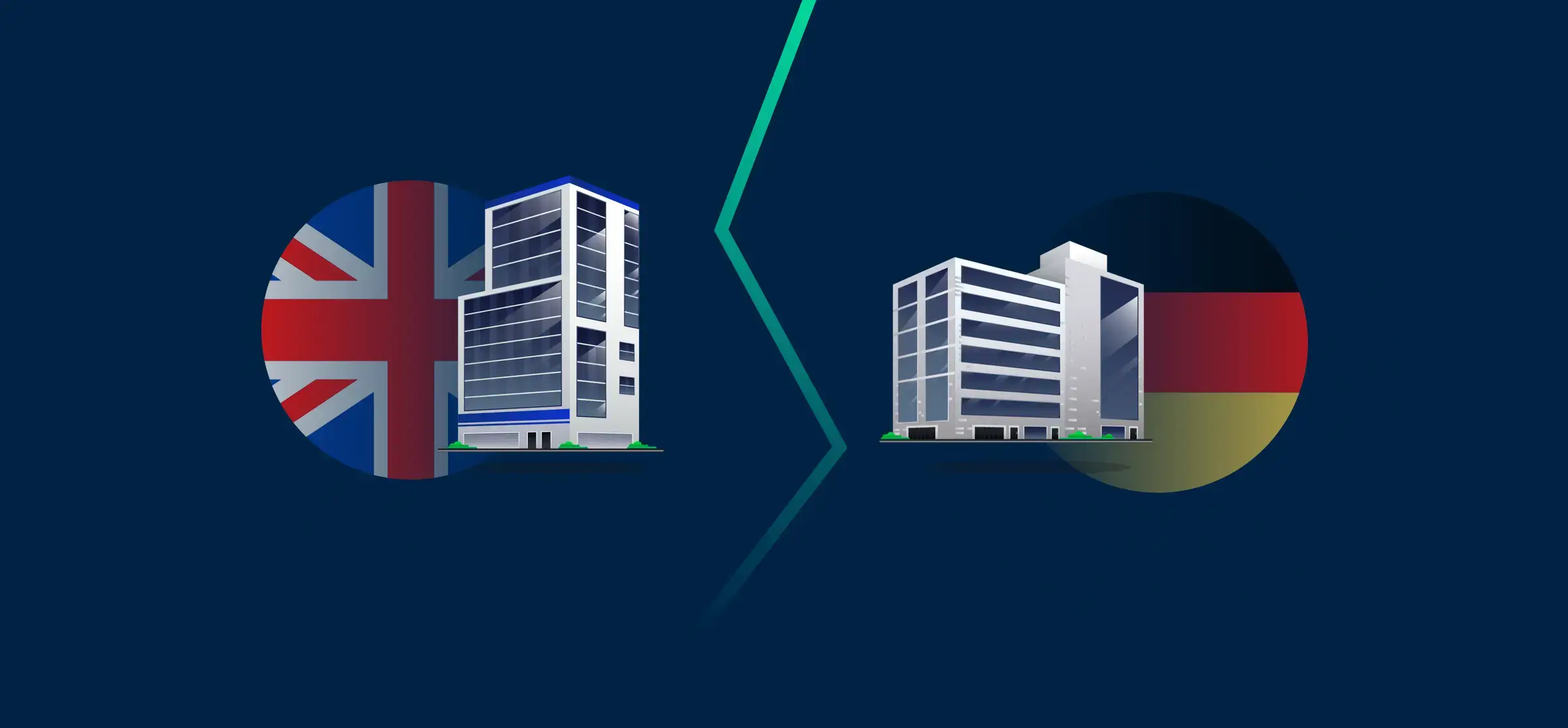
Independent coworking spaces have become the beating heart of many communities. Popularised by a combination of factors, from the global workforce leaning into hybrid work practices to prioritising work-life balance above all else – the smaller, more local workspaces do much more than provide workspace, they can bring enormous social value to people’s lives.
With last month’s GCUC UK Manchester focussing on regional coworking and flex markets, it was fitting that the panel – Small Spaces, Big Impact – featured three inspiring community builders based outside the capital. Hosted by Cecília Veríssimo (Co-Head of Programmes at Hatch Enterprise), the speakers included: Claire Carpenter (Coach, and former Founder of The Melting Pot), Efia Mainoo (Founder and CEO at BlackOwned Studios + Marketplace), and Karen Tait (Founder at The Residence Coworking). Here are some of their personal stories.
A commitment to their community
When Karen left her successful corporate career in investment banking to start her own business, she didn’t anticipate that the impact of losing a physical workplace would make her feel quite isolated. She opened The Residence Coworking in her local area of Bishops Stortford for “a mixing pot” of people – working parents, small business owners, and freelancers – who, like Karen, were seeking the tools, access to space, and connections to enhance their working lives.
Similarly, Efia started her community building journey by honing down on the community she intended to serve. She undertook in-depth market research, launching an online community, before opening doors to a physical space in Manchester. BlackOwned Studios + Marketplace is ‘committed to increasing the visibility of Black-owned beauty businesses and service providers.’
Despite the shifts in how we’re working (78% of UK employers embrace flexibility for their corporate employees), people are still “social creatures,” says Claire and need an outlet to get out of the house. Claire founded The Melting Pot, one of Europe’s first coworking spaces in her adopted hometown of Edinburgh, to support and stimulate social changemakers, providing affordable and flexible office space aligning with the community’s needs.
Independent workspaces are extremely important – they create change and bring incredible social transformation to people and places. Activating high streets in rural and urban areas where local economies have creative social value, Community Coworking Ltd, a technologywithin customer, is also building a future where people can thrive.
Not just a workspace
Local workspaces are becoming much more than office spaces. For instance, BlackOwned Studios + Marketplace is a beauty coworking space, but it also hosts a crochet club, writer’s club, and even an open-mic night, amongst other events.
Similarly, UrbanMBA is one of London’s top EdTech business hubs with virtual offices, coworking, a podcast studio, and meeting room space. But it’s not just a workplace either, as its founder, Kofi Oppong’s mission is to help marginalised young adults start sustainable social businesses (the hub’s connectivity is powered by technologywithin). UrbanMBA also gives space to its members for their business activities, like Carib Eats – which transforms the community space into a canteen, providing hearty home-cooked meals for the local community.
But, Cecília asks, how do people know whether a space, or community, exists in the first place? The panel had various approaches to bringing people into their spaces. Efia explains that her hands-on approach to her fit-out made the space “Instagrammable,” elevating BlackOwned Studios + Marketplace’s strong social media presence.
Karen incentivises her community to share pictures of the workspace online, hosting open days to bring new people into the space. At The Melting Pot, Claire would make her visitors a cup of tea, and spend time with them to ascertain whether they’re right for the community. She explains how this matters – the first 10 customers become your ambassadors, influencing who stays and who goes in those vital initial community-building phases.
Engage, elevate, empower
Community dynamics are a delicate thing. Getting it wrong can be impactful – the panel candidly opened up about the setbacks they’d experienced on their journeys, an example was allowing a business to occupy office space for several weeks which they never paid for. Equally, challenges were shared around building a team, having either overinvested in their people (financially and emotionally), or trying to do everything themselves. The short answer – you can’t!
Throughout the open discussion, the panel speakers exemplified their authenticity, which became a topic of conversation. For Claire, remaining genuine requires being fair to your customers and team. Efia is open to connecting with people personally, and Karen suggests that inauthenticity is difficult when you’re community building – she regularly bumps into her customers outside the workspace, like on the school run.
How do they measure success? Each viewed their wins in personal ways, but the audience had already concluded that the panel’s unwavering passion for their people, and as pillars of their respective communities, showcased their successes. What an inspiration these women are for us all!
Social copy
We really enjoyed the discussions at GCUC UK Manchester, but one of the standout panel discussions had to be Small Spaces, Big Impact.
Inviting Efia, Claire, and Karen to a conversation hosted by Cecília, the panel explored their personal stories of curating a community and equipping them with a workspace.
We learned that their missions are at the heart of their work, that their spaces have evolved into more than just places to work from, and why community dynamics are so important.
Meanwhile, we witnessed the panel’s passion and unwavering commitment to their communities and social impact.
Discover their journeys in our latest blog post.
#coworking #localcoworking #worknearhome #coworkingcommunity
Recent articles

Industrious beschleunigt seine europäische Expansion durch die hochmoderne Konnektivitätslösung von technologywithin

Trends auf dem deutschen Flex-Office-Markt
